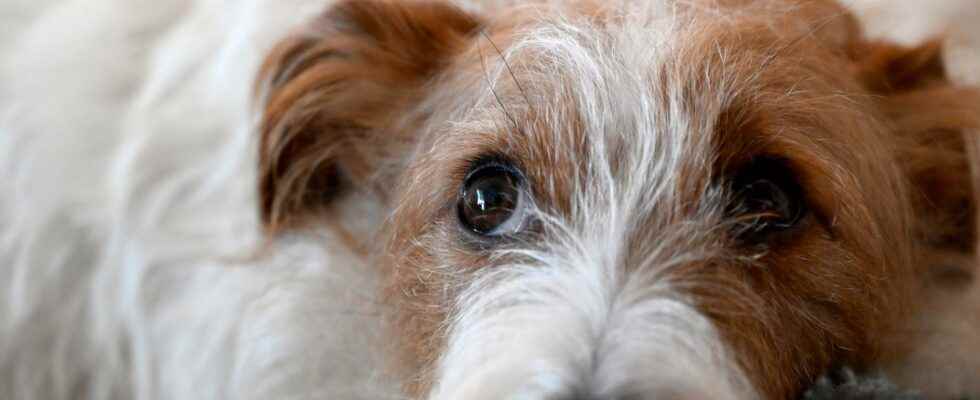Published: Less than 50 min ago
full screen
Next
What is he thinking about? Archive image.
1 of 2 Photo: Janerik Henriksson/TT
Soon you may be able to start communicating with your pet. Or talk to an elephant at the zoo.
Researchers at the University of British Columbia are trying to develop a device that can help us understand what animals “say” by translating their sounds.
– You won’t be able to open your phone tomorrow and have a choice in Google Translate for East African elephant or “camelote”, but researchers are trying to put together lexicons of sounds made by animals, says Professor Karen Bakker, author of the book “The sounds of life ”, to Australia’s ABC.
She is a researcher at Canada’s UBC, and by studying animals in the wild, she and others hope to understand what different sounds mean, which in the future may give us the opportunity to have a decent conversation with them.
Not the center of the world
But while digital technology can give nature some kind of voice, it also shows how complex communication among animals is, something that, according to Professor Bakker, can make us realize that we are not the center of the world, something she calls “Anthropocene centrism”, which states because the only interactions that matter are the human ones.
– We tend to believe that what we cannot see does not exist and since our hearing is quite limited compared to other species, there is a lot of communication in nature that we miss, says Professor Bakker.
There are risks
Elephants, whales, tigers and beavers among others can hear long, slow sound waves from miles away, something the human ear cannot.
With the help of artificial intelligence, AI, the researchers will interpret patterns in different sounds and try to translate it into a language that we understand.
But at the same time, there are risks with better understanding the animals, according to the researchers. For example, the technology can be used to more effectively hunt different species, or to try to domesticate species that have not previously been domesticated, which can risk the welfare of both the animals and the environment.
